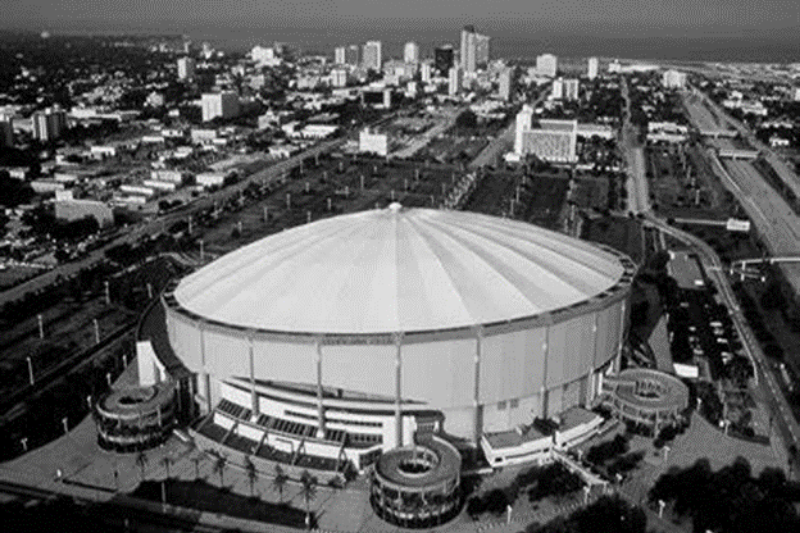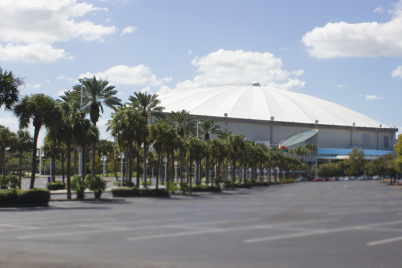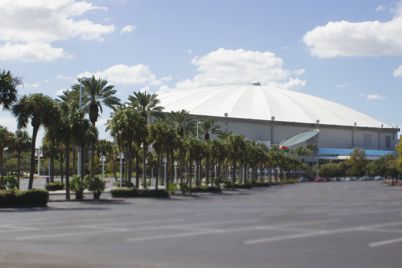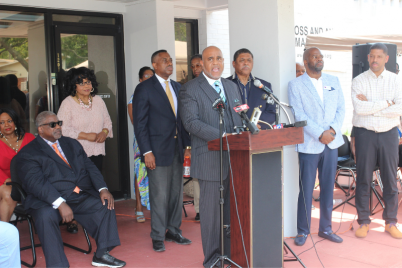Chaimurenga Waller, president of the International People’s Democratic Uhuru Movement, calls the city’s most recent redevelopment scheme “Tropiscam II.”
By International People’s Democratic Uhuru Movement
ST. PETERSBURG — There is a myriad of reasons that the Black community must have reparations from the city government of St. Petersburg. First and foremost, the Tropicana property was built on a trail of lies to the Black residents and businesses that were in the gas plant area.
More than 2,000 Black residents were uprooted along with dozens of businesses, schools, and several Black churches. After declaring the area blighted, the city then used political sleight of hand to convince Black residents to give up their properties. Black residents were promised light industry and jobs. Lies, lies, lies, and more lies.
The lies started in the 1970s, and by the time the city had secured the land for the mysterious “light industry” by pushing Black residents out, city officials had changed their tune to building a baseball stadium. We recognize now that the city never intended to bring any light industry; they wanted a baseball team and a stadium.
An entire Black community was destroyed for the sake of what the city thought would be a great income generator. For more than 30 years, the Trop has existed as a grim reminder of what the system that many call colonialism can do.
There is only one way to correct this injustice: Reparations now!
Fast forward to late 2020, and the city government has concocted yet another scam on the African community. Chaimurenga Waller, president of the International People’s Democratic Uhuru Movement, calls the city’s most recent scheme “Tropiscam II.” This decision by the city to redevelop the 86 acres of the Tropicana property is adding insult to injury.
Mayor Rick Kriseman has narrowed the search for Trop developers down to two companies, JMA Sugar Partners and Midtown Development. Neither company has raised the question of just compensation, reparations to the Black community.
It is important to note here that some have estimated the value of the Tropicana property at 1 billion dollars! One billion dollars of land plus the Tropicana field itself would be a substantial start to the process of implementing reparations to the Black community.
Former District 7 City Council candidate Eritha “Akile” Cainion has even put forth the mechanism for how the reparations to the Black community would work. She explained that creating a “Reparations Land Trust and Development Authority” would make reparations a reality by controlling how the Tropicana Field property is developed and other vacant city-owned lands in the Black community.
The point here is that some very important people and organizations have figured out why reparations are due and how they should be implemented.
Reparations now! Take back the Trop!
For more information, contact the International People’s Democratic Uhuru Movement at 727-914-3617.








